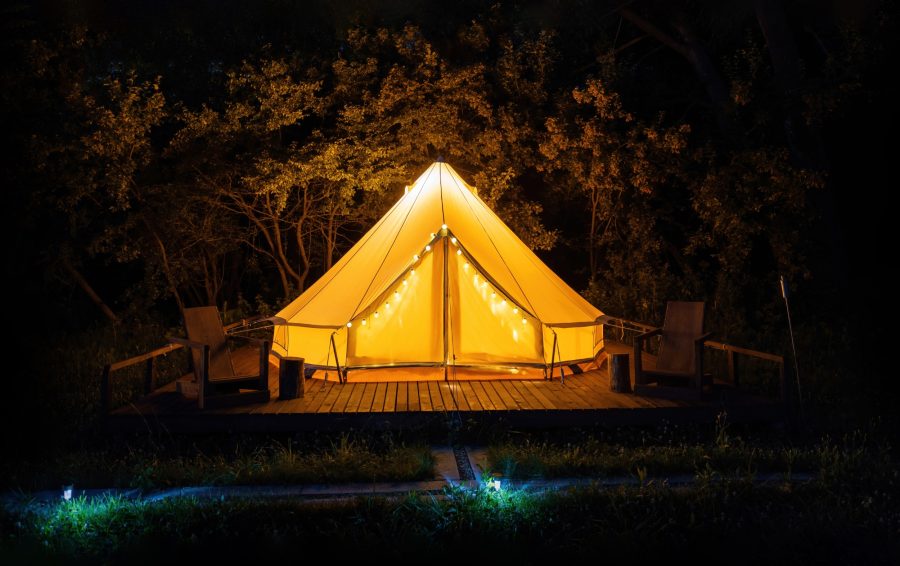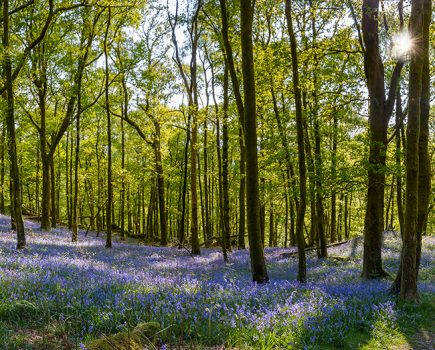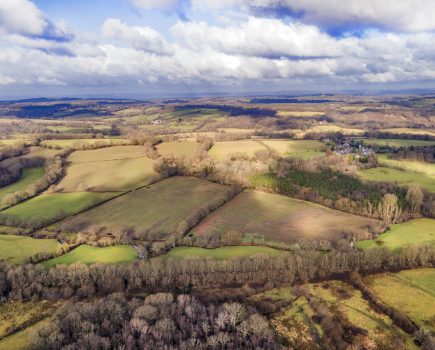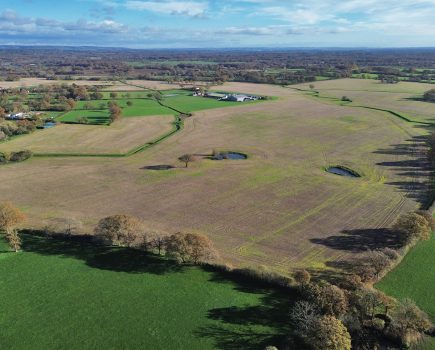In these uncertain times for the rural economy, many landowners are looking to diversify their farming businesses and are seeking alternative means of generating an income from their land.
One area where we have seen growing interest and in which we have had particular success is camping and glamping. It may seem odd on these long, dark, cold winter nights, in the run up to Christmas, to be discussing glamping, but this is precisely the time to be getting started on any plans for the coming summer season.
Arizton, a leading market research firm, found that glamping was expected to grow 11% by 2025. A further study by glamping holiday specialists Canopy & Stars found that people are increasingly spending more and staying for longer, with many glamping sites also operating all year round.
The growth of glamping can be attributed to a growing interest in sustainable tourism within the UK and a desire for more immersive nature experiences, along with a continued focus on holidaying in the UK (staycations). As such there have been further trends in glamping set ups, moving away from a ‘posh’ canvas tent with a bed to more permanent set ups.
The Batcheller Monkhouse planning team exhibited at The Glamping Show in Coventry earlier this year to assess fully the state of the industry. The 118 exhibitors demonstrated that the variety of options for glamping set ups is astounding. If you are so minded you can purchase geodesic domes, hanging cocoon tents, wood fired saunas/hot tubs and luxurious pods suitable for even the coldest winter nights. The inventiveness within the glamping industry is endless.
However, as you may have already guessed these more intensive glamping sites come with far greater and more complex planning implications. Most landowners are probably aware of permitted development rights, which allow for temporary change of use of land to alternative uses for 28 days a year without seeking planning permission and can be used to establish informal campsites.
They may not be aware that from 26 July 2023, a new permitted development right was introduced that allows for the use of land as a temporary campsite with up to 50 pitches for up to 60 days per calendar year, something that will entirely replace the 28-day rule with regards to camping from 26 July 2024.
While these can be a great way of testing local demand, they can only ever be a temporary use and significantly restrict what can be placed on the land and for how long. Additionally, the new 60-day rule requires notification to the council, with plans and the provision of waste and toilet facilities on site, which must also be detailed. With this in mind, the new 60-day rule does not necessarily represent the panacea the headline increase in days might first suggest.
The more expansive permanent glamping set ups which the market is now demanding often require full planning permission. The good news is that the government has recognised the growing interest in this area and the role that it can play in supporting a struggling rural economy. National policy supports the development of leisure uses within the countryside and is often reflected at a local planning policy level.
Farmers and landowners within the South East will be more than aware of the significant planning designations that cover this corner of England, including national parks, areas of outstanding national beauty and greenbelt land, together with the restrictions these place on developing land.
However, these designations can be used to your advantage. Glamping/camping is one of the few forms of development that has wide-ranging policy support in these areas and it is precisely these undeveloped and pastoral landscapes that people want to visit and stay in.
Anyone who is thinking of establishing a glamping business in time for next summer should be looking at obtaining planning consents now. Planning departments across the South East are experiencing long waits for decisions and we are seeing even the simplest of camping applications taking upwards of four months to determine.
To explore further camping/glamping on your land and how we might assist you, please contact our experienced planning teams in Tunbridge Wells and Pulborough.
Nick Webb
Batcheller Monkhouse
Tunbridge Wells
T: 01892 509280
E: n.webb@batchellermonkhouse.com
Clare Bartlett MRTPI PIEMA
Batcheller Monkhouse
Pulborough
T: 01798 877555
E: c.bartlett@batchellermonkhouse.com







